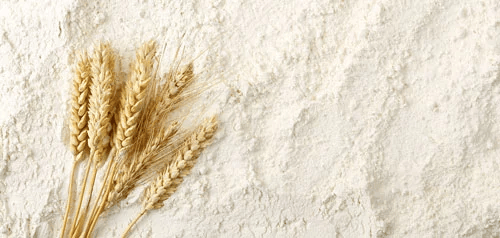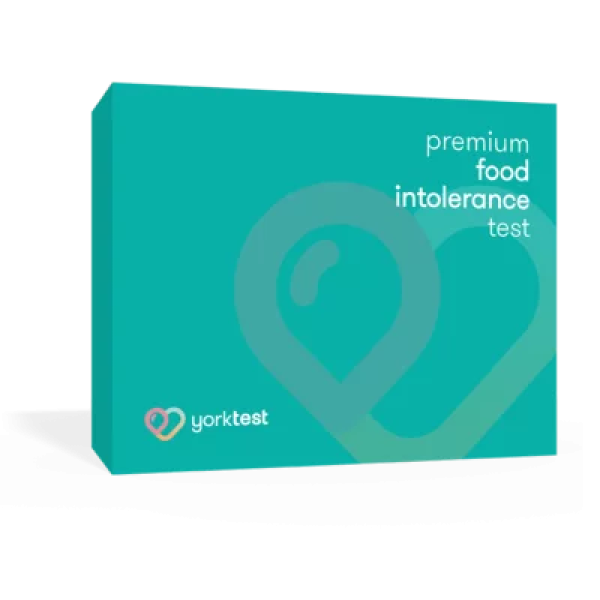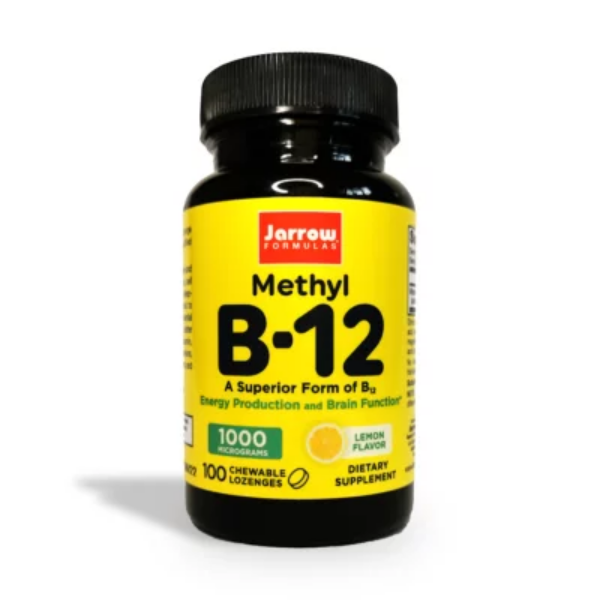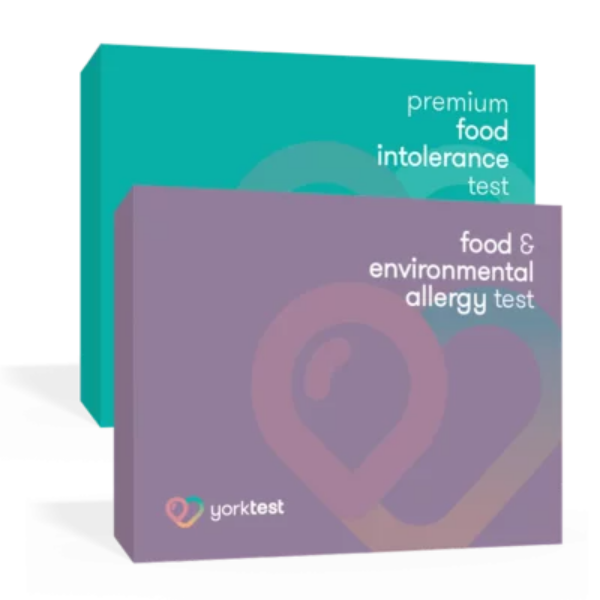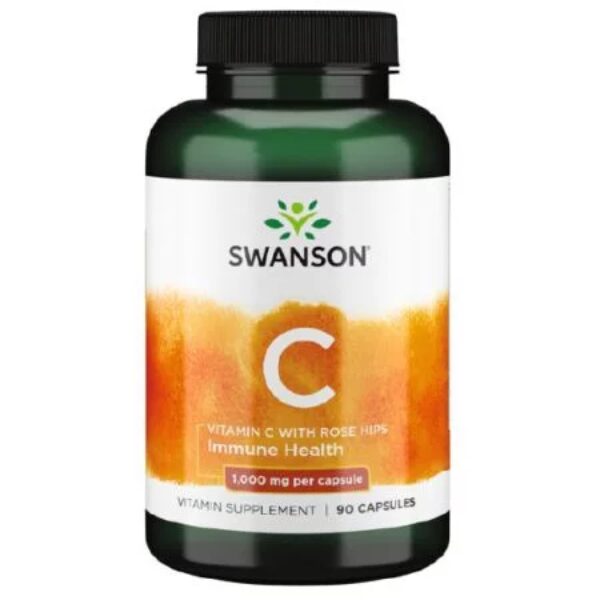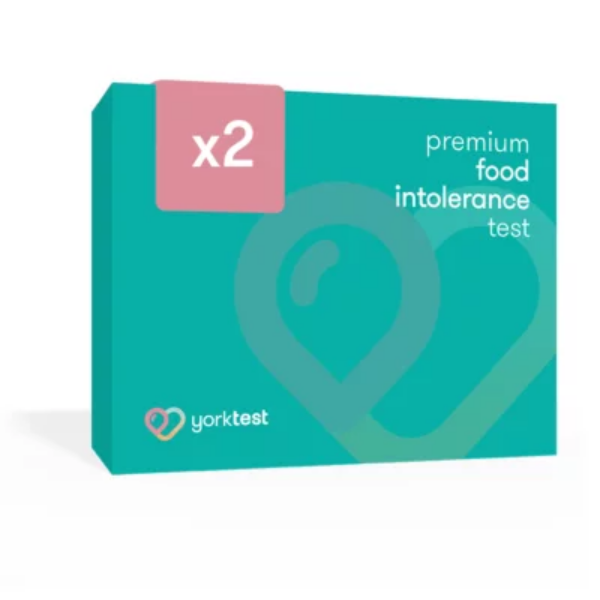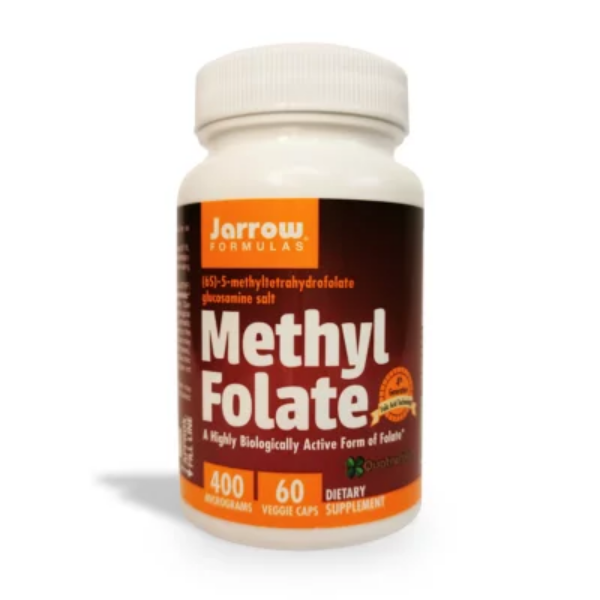Caffeine Intolerance
You can have a caffeine intolerance, also called a caffeine sensitivity. It is also possible to have a caffeine allergy, which may be more serious. Caffeine is a small molecule present, not only in coffee, but also many different types of teas (except herbal teas); including green tea; energy drinks, enhanced waters and colas. These types of drinks form the mainstay of many peoples’ fluid intake, but few really stop and think about the effect that caffeine can have on health and well-being.

Can you have a caffeine sensitivity?
The question is how much caffeine is safe to drink? As with most food intolerances, and reaction to caffeine is classed as an intolerance not an allergy, the answer to this question depends very much on the individual. People are affected by a caffeine intolerance in different ways; some are much more sensitive than others and have to adjust their intake accordingly. General guidelines say that 4-5 cups of coffee per day is fine, but this may be far too much for some, with caffeine sensitivity symptoms appearing even with the smallest amounts. Of course the caffeine content of a cup of coffee depends on how big the cup is, how finely the coffee is ground, how dark the roast, the brewing method used, how much coffee is used to make the drink and the type of coffee bean used etc. etc.
Caffeine-containing drinks are addictive and the thought of stopping or reducing coffee/caffeine content may be too much to bear, even for those suffering from symptoms. Withdrawal symptoms include headache, irritability, inability to concentrate, drowsiness, insomnia, and stomach pain may appear within 12 to 24 hours after stopping caffeine intake, peak at roughly 48 hours, but usually only last a few days; well worth it for the benefits you might feel to your long-term health.
If you do suffer from symptoms such as IBS, headaches, migraines, lethargy or anxiety, it may not just be a caffeine sensitivity that is causing the problem. It is estimated that 45% of the population suffer from food intolerance; food intolerance includes sensitivity to small molecules (chemicals) such as caffeine but also reactions to some large molecules (proteins) in foods.
It can be difficult to identify if you have a coffee inolerance. For example it may not be the caffeine in your coffee causing the problem, You may have a coffee intolerance from the bean, or be intolerant to milk . One approach that can be used is to change your diet removing foods identified using a simple blood test for reactions to these large protein molecules in foods (a food-specific IgG test).
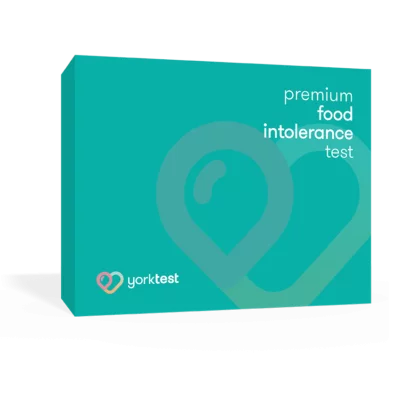
Premium Food Intolerance Test

0% interest for 4 months with PayPal Credit. Learn more
+ FREE Delivery on all orders
Easy to use home-to-laboratory test kit
Take our most comprehensive food and drink intolerance* test to find out whether you have an intolerance to 200 food and drink ingredients. Simply take a finger-prick blood sample and return by post for testing. Receive your results within 7 days! No social interaction required. Optimise your lifestyle with our support, knowing which foods you’re reacting to.- Discuss your results with a nutritional therapist. One 30-minute consultation included
- Measures all four subtypes of food-specific IgG
- Simple finger-prick blood test
- Receive expert, accurate analysis from our fully-accredited laboratory technicians
- Results listed in easy-to-read traffic light values: high, borderline, and normal reactivity
- Track your progress with a food and drinks diary
- Consistent with NHS guidance on food intolerance and the role of laboratory blood testing
- This test is not available to customers who are pregnant or breastfeeding
What are the symptoms of caffeine intolerance?
Due to the molecular structure of caffeine, once ingested, it is transported very quickly around the body; this is the instant caffeine “hit” that you get that perks you up. You may think you need that “wake up” hit, in the end caffeine is addictive so “need” is the right word, however, there are many more negative effects of caffeine than you may imagine. Common caffeine intolerance symptoms include IBS, headaches, fatigue, insomnia and others. These negative effects can become part of normal life; can you identify with any of these?
Insomnia
Anxiety
Restlessness
Restless legs
Headaches
Palpitations Racing
heart High
blood pressure
Fatigue
Irritable bowel syndrome (IBS)
We test for coffee intolerance
Coffee intolerance symptoms can take up to 72 hours to present, meaning it can be difficult to attribute symptoms to coffee within your wider diet. One approach that can be used is to change your diet removing foods identified using a simple blood test for reactions to these large protein molecules in foods (a food-specific IgG test).
Here at YorkTest, we not only test for coffee intolerance, but to over 200 other food and drink ingredients, allowing you to identify if you have a caffeine sensitivity or symptoms may be from another food or drink… Our test requires only a few drops of blood through a simple home-to-lab finger-prick test and is then sent off to our in-house laboratory for testing.

What can I eat instead of beef?
It is possible to have a caffeine allergy, however it is rare and far more likely to be a caffeine intolerance. Caffeine allergy is an IgE reaction, whearas caffeine sensitivity is an IgG reaction. You can tell the difference by the symptoms – caffeine allergy symptoms are immediate after consumption and potential serious, and typically involve swelling, rashes or hives. However, caffeine sensitivity symptoms are more delayed, and can take up to 72 hours to occur, making it difficult to attribute symptoms to a particular food or drink.
If you think you may have a caffeine allergy, or allergic to coffee, it’s important to first consult your doctor, allergist, or registered dietitian.

4 Simple Steps To A Better You
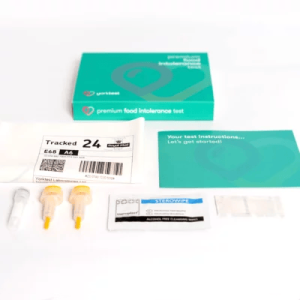
You will receive your testing kit in the post
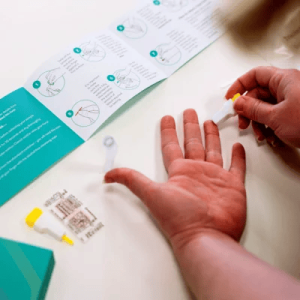
Take a blood sample with our easy to use finger-prick test kit
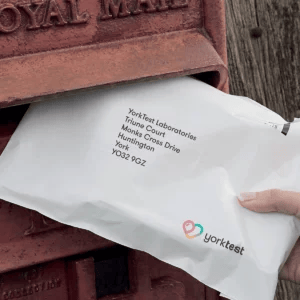
Send your sample back in the prepaid envelope provided




